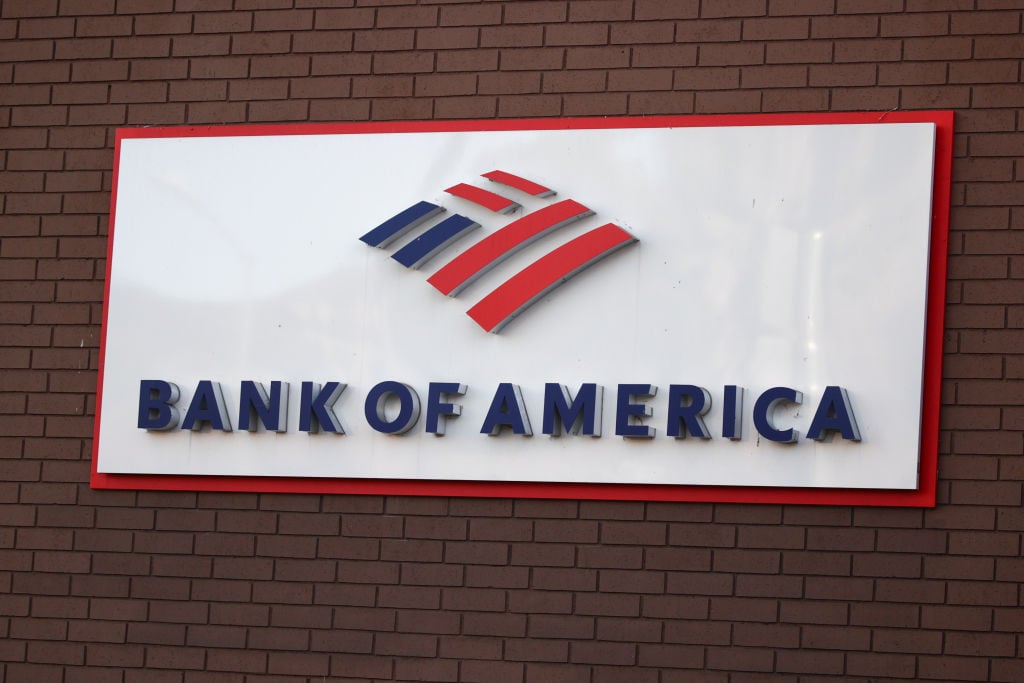Bank of America (NYSE: BAC) must rue the day back in 2008 that it purchased Countrywide Financial and its stockpile of dicey mortgage loans. Doing so has placed B of A front and center of the foreclosure fiasco, costing the nation's second-largest bank more than $40 billion to date.
Now, in yet another example of how sticky this part of the housing crisis has proved to be, Bank of America has agreed to buy back $330 million worth of loans from Freddie Mac because they contained flaws that occurred during origination.
An increase in put-back requests from Fannie and Freddie
Fannie Mae and Freddie Mac, the quasi-public mortgage clearinghouses that purchase and securitize the majority of home loans in the U.S., have been asking banks to repurchase suspect loans since 2009. Negotiations between the parties generally lead to partial put-backs, but banks have seen stepped-up pressure from Fannie and Freddie over the past few months. After a lengthy squabble with Fannie, B of A announced that it will no longer sell new mortgages to that institution, leaving only Freddie as an alternative to keeping the loans itself.
Other banks have also been the subject of such demands. Wells Fargo (NYSE: WFC) found it necessary to increase its buyback liability funds from $1.2 billion to $1.3 billion as Fannie increased requests for put-backs in the latter part of last year. Similarly, JPMorgan Chase (NYSE: JPM) paid out $3.2 billion in 2011 to battle claims over faulty mortgages, $390 million of which went to buy back loans in the last quarter. Citigroup (NYSE: C) recently paid a multimillion-dollar fine to the U.S. government for knowingly falsifying mortgages that were then sold to Fannie and Freddie. Citi set up a $1.2 billion pool to buy back bad mortgages last year and may be on tap to take back even more. Other banks are also concerned that the put-back era is not behind them.
That's a valid fear for all of these banks, especially with this new wave of buybacks from B of A. Most upsetting is that this latest batch of put-backs were written within the past two years -- meaning that newer loans that reflect tighter standards by originating banks still aren't making the grade. The pile of loans taken back by B of A are still performing, according to the bank, but it admitted that the problems stemmed from faulty appraisals rather than a borrower's job loss or similar scenario.
Fool's take
The effects of the mortgage meltdown are lingering, and it looks as if they are going to stick around for a while yet. A report released earlier this year showed that banks were hit with put-back requests from Fannie and Freddie totaling $5 billion for loans written in 2009 and 2010, and $1 billion for mortgages created just last year.
That banks are continuing to misrepresent mortgages to investors -- and continuing to get dinged billions for them -- it is not good news, and it affects not only the housing market but also the ability of banks to recapitalize, endure and pass government stress tests, and pay dividends. Also affected is the ability and willingness of banks to extend credit -- integral to a healthy business climate and housing market. Will fines, fees, and Dodd-Frank help clean up the laxity that's embedded in the mortgage loan system? If not, we may be facing this type of fallout for years to come.
Big banks are still a bit scary these days, but we have some hot tips about some smaller banks that will renew your faith in the financial sector. Interested? You can find out all about it. Did I mention that the report is free?






